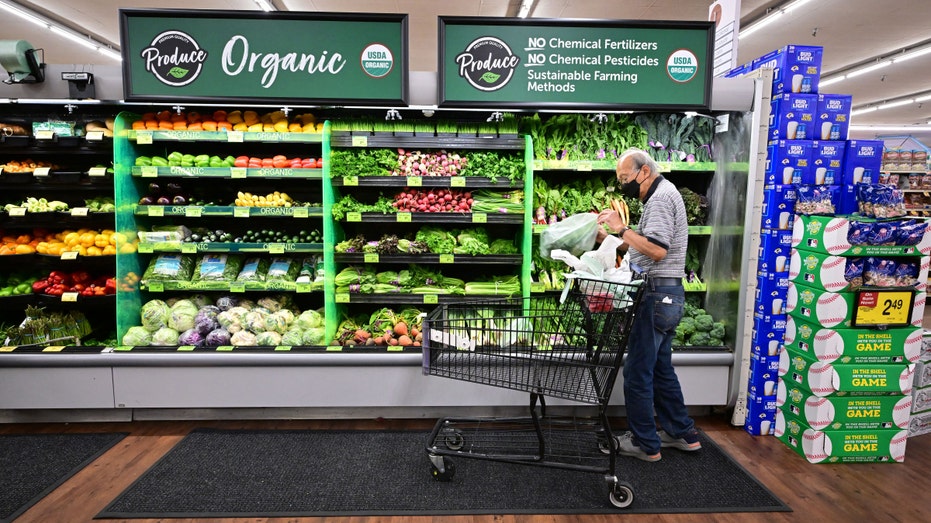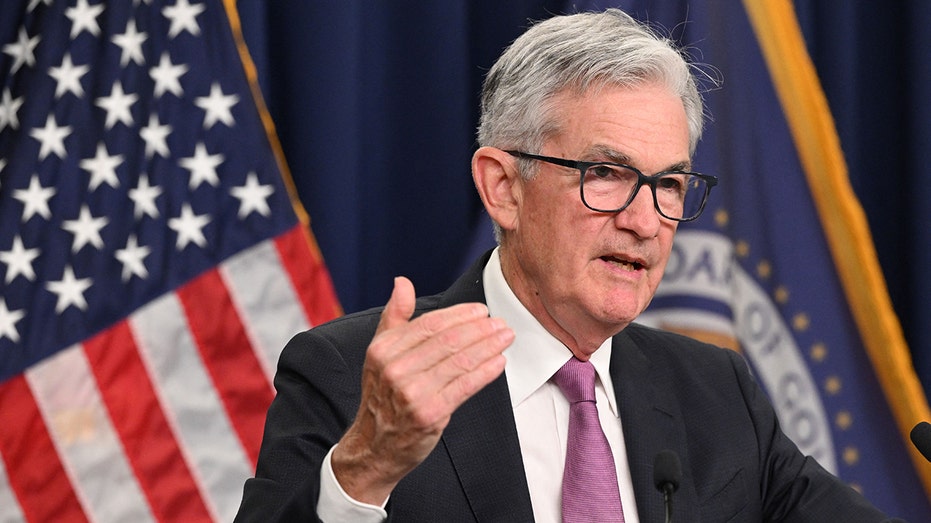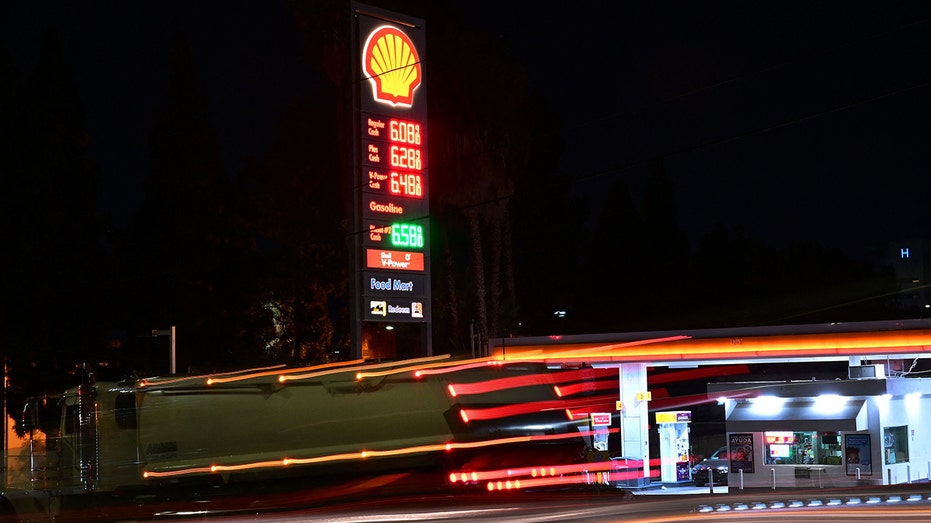US GDP grows 2.6% in the third quarter, but recession fears linger
Economists remain worried about US economic outlook, despite positive GDP reading
US economy not in 'disaster, 2008-type' scenario, analyst says
Horizon Investments CIO Scott Ladner says inflation is boosting profits 'for right now,' and predicts economic slowdown next year.
The U.S. economy rebounded over the summer after shrinking for the first six months of the year, but the rebound does little to allay fears that the world's largest economy is headed toward a recession as it confronts painfully high inflation and rising interest rates.
Gross domestic product, the broadest measure of goods and services produced across the economy, grew by 2.6% on an annualized basis in the three-month period from July through September, the Commerce Department said in its first reading of the data Thursday.
Refinitiv economists expected the report to show the economy had expanded by 2.4%.
The turnaround stemmed in large part from a narrowing trade deficit and increased exports, volatile measurements that do not accurately capture the underlying health of the economy. Exports climbed 14.4%, while imports dropped 6.9%. Economists think the surge in exports is just a one-off that masks weakening in the economy that will ultimately act as a drag on future growth.
TOP WALL STREET CEOS REVIVE WARNINGS ABOUT US ECONOMIC RECESSION AS INFLATION RAGES

A shopper looks at organic produce at a supermarket in Montebello, California, on August 23, 2022. ((Photo by FREDERIC J. BROWN/AFP via Getty Images) / Getty Images)
"We don’t expect this strength to be sustained," said Paul Ashworth, chief North America economist at Capital Economics. "Exports will soon fade and domestic demand is getting crushed under the weight of higher interest rates. We expect the economy to enter a mild recession in the first half of next year."
What's more, the underbelly of the report pointed to some worrisome signs: Consumer spending — which accounts for about two-thirds of GDP — rose just 1.4% in the third quarter, a deceleration from the previous quarter when it climbed 2.0%.
FED BARRELS TOWARD ANOTHER 75-BASIS-POINT RATE HIKE AS HIGH INFLATION PERSISTS
Gross private domestic investment, meanwhile, tumbled 8.5% after falling 14.1% in the period from April to June.

Federal Reserve Board Chairman Jerome Powell speaks during a news conference in Washington, DC, on July 27, 2022. ((Photo by MANDEL NGAN/AFP via Getty Images) / Getty Images)
"The U.S. is not currently in recession, given the strength of the consumer sector," said Jeffrey Roach, chief economist at LPL Financial. "However, excluding the more volatile categories, the trajectory for growth looks weak. A deteriorating housing market, nagging inflation, and an aggressive Federal Reserve puts the economy on unsure footing for 2023."
The report comes as the Fed embarks on one of the fastest monetary tightening paths in decades as it seeks to wrestle consumer prices that are still running near a 40-year high back to 2%.
In a troubling development, the Fed's rate hikes have thus far failed to tame inflation: The government reported last month that the consumer price index soared 8.2% in September from the previous year, faster than expected. Even more concerning, core prices — which exclude more volatile measurements of food and gas — jumped 6.6%, the fastest since 1982.
That indicates the Fed will have to continue charting its aggressive course, raising the odds that it will crush consumer demand and cause unemployment to rise.

Traffic drives past a petrol station in Los Angeles, California on October 19, 2022. (FREDERIC J. BROWN/AFP via Getty Images / Getty Images)
Hiking interest rates tends to create higher rates on consumer and business loans, which slows the economy by forcing employers to cut back on spending.
Chairman Jerome Powell has all but conceded that the Fed will trigger a recession with higher interest rates, but has said he believes it's better than allowing inflation to become entrenched in the economy.
"The chances of a soft landing are likely to diminish to the extent that policy needs to be more restrictive, or restrictive for longer," Powell said. "Nonetheless, we’re committed to getting inflation back down to 2%. We think a failure to restore price stability would mean far greater pain."





















